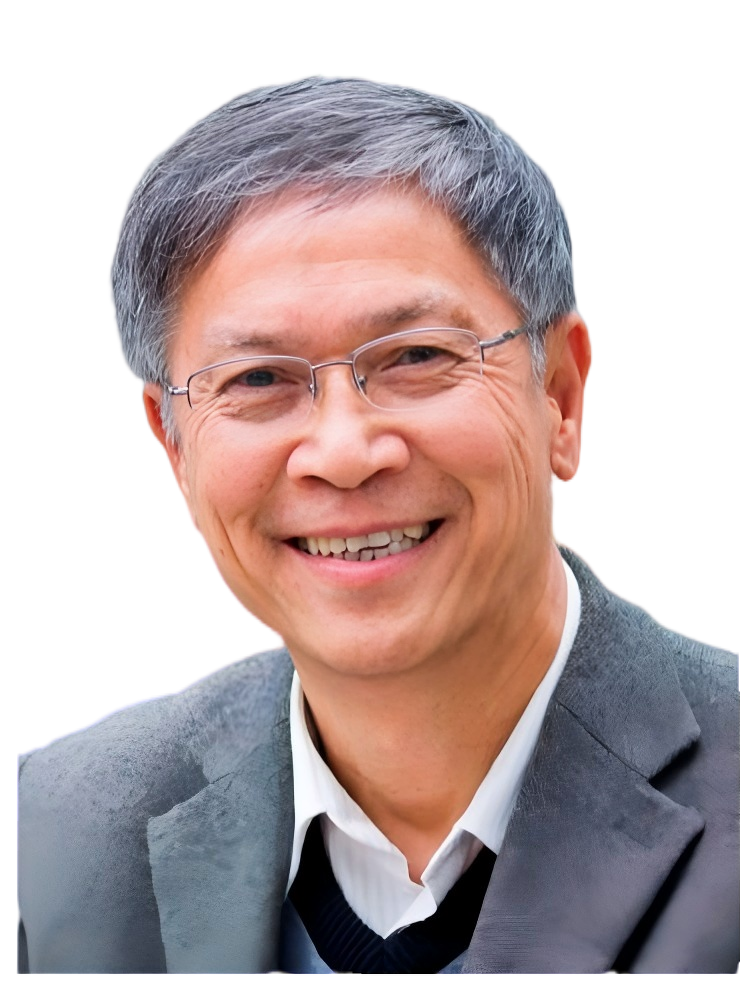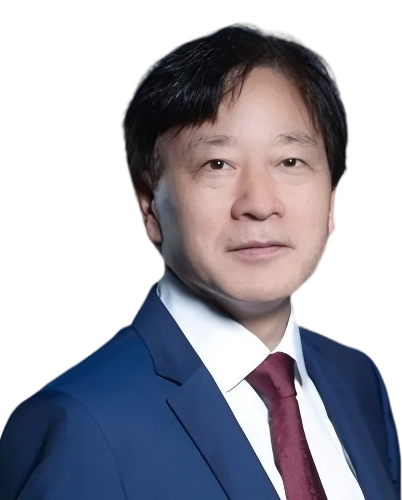
Professor Guanrong (Ron) Chen
IEEE Life Fellow
City University of Hong Kong, China
Bio:
Professor Guanrong (Ron) Chen is an IEEE Life Fellow. He received the MSc degree in Computer Science from Sun Yat-sen University, China in 1981 and the PhD degree in Applied Mathematics from Texas A&M University, USA in 1987. Since year 2000, he has been a Chair Professor and the founding director of the “Center for Complexity and Complex Networks” at City University of Hong Kong.
Professor Chen was awarded the 2011 Euler Gold Medal from Russia, and conferred Honorary Doctor Degrees by the Saint Petersburg State University, Russia in 2011 and by the University of Normandy, France in 2014. He is a Member of the Academy of Europe since 2014 and a Fellow of The World Academy of Sciences since 2015.
Professor Chen’s research interests are in the fields of complex networks, nonlinear dynamics and control systems. He has been a Highly Cited Researcher in the past decade.
Title: Optimal Synchronization of Higher-Order Complex Networks
Abstract: First, some preliminaries and the synchronization problem of complex networks are reviewed. Then, optimal network synchronization criteria are presented. Further, the totally homogeneous network and its synchronization optimality are described. Finally, the concept of high-order topology of complex networks is introduced and its high-order criterion for optimal synchronization is described and discussed.

Professor Jon Garibaldi
IEEE Fellow
University of Nottingham Ningbo China
Bio:
Prof. Jon Garibaldi is currently the Provost of the University of Nottingham Ningbo China, and a member of the University of Nottingham Executive Board (UEB). He is Head of the Intelligent Modelling and Analysis (IMA) Research Group and was a Founding Director of the University of Nottingham Advanced Data Analysis Centre (ADAC). Prof. Garibaldi obtained a BSc in Physics from University of Bristol in 1984, and an MSc in Intelligent Systems and PhD from University of Plymouth in 1991, and 1997, respectively. After joining the School of Computer Science University of Nottingham in 2002, he became a full Professor in 2012, and held a variety of administrative roles including Admissions Tutor, Director of Teaching and then Head of School from 2016 to 2023.
His main research interest is in developing intelligent techniques to model human reasoning in uncertain environments, with a particular emphasis on the medical domain. He has particular interest in using non-standard fuzzy sets and systems, such as type-2 fuzzy sets and systems, to model human reasoning processes. He has published over 300 papers in internationally peer-reviewed venues, and has led or participated in a wide range of multi-disciplinary research projects worth over £80M.
He is a Fellow of the IEEE, was the Editor-in-Chief of IEEE Transactions on Fuzzy Systems from Jan 2017 to Dec 2022, and is currently a member of the IEEE CIS Executive Committee as Vice-President of Publications.
Title: Emerging Topics in Fuzzy AI
Abstract: Fuzzy sets and systems are a mature technology, now in existence for almost 60 years, and one of the three main pillars of Computational Intelligence. Whilst fuzzy sets and systems have made significant impact in CI over the years, recently there has been a relative decline in interest, with (particularly) Deep Learning and Large Language Models receiving huge attention worldwide and largely dominating AI research. In this talk, I will argue that fuzzy-based research still has an important role to play in the future of AI. As such, I will identify and discuss some emerging topics in fuzzy systems which I suggest are interesting and potentially valuable areas of future research focus.

Professor Yaochu Jin
IEEE Fellow
Westlake University, China
Bio:
Yaochu Jin received the BSc, MSc and PhD degrees from the Electrical Engineering Department, Zhejiang University, Hangzhou, China in 1988, 1991 and 1996, respectively. He received the Dr.-Ing. from the Institute of Neuroinformatics, Ruhr University Bochum, Germany in 2001.
He is presently Chair Professor of AI with the Trustworthy and General AI Lab, Chair of the Artificial Intelligence Department, School of Engineering, Westlake University, Hangzhou, China. Prior to that, he was “Alexander von Humboldt Professor for Artificial Intelligence” endowed by the German Federal Ministry of Education and Research, with the Faculty of Technology, Bielefeld University, Germany from 2021 to 2023, and Surrey Distinguished Chair, Professor in Computational Intelligence, Department of Computer Science, University of Surrey, Guildford, U.K. from 2010 to 2021. He was also “Finland Distinguished Professor” with University of Jyväskylä, Finland, and “Changjiang Distinguished Visiting Professor” with the Northeastern University, China from 2015 to 2017. His main research interests include AI theory, algorithms and applications to a wide range of scientific, technological and industrial problems.
Prof Jin is presently the President of the IEEE Computational Intelligence Society and the Editor-in-Chief of Complex & Intelligent Systems. He is the recipient of the 2025 IEEE Frank Rosenblatt Award. He was named “Highly Cited Researcher” by Clarivate from 2019 consecutively. He is a Member of Academia Europaea and Fellow of IEEE.
Title: Data-Driven Optimization in the Era of Deep Learning and LLMs
Abstract: This talk starts with a brief introduction to data-driven optimization, including motivations, basic ideas and main challenges. It then discusses two paradigm shifts in the era of deep learning and large language models: from small surrogate-assisted optimization to end-to-end optimization, and from numerical data driven optimization to multi-modal data driven optimization. Progresses in the above research lines are presented and remaining challenges are outlined.